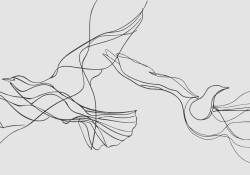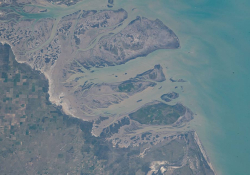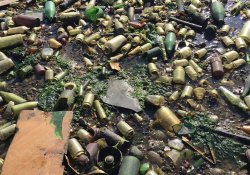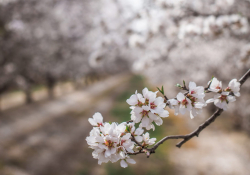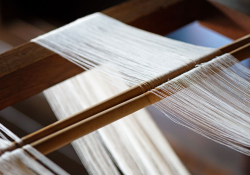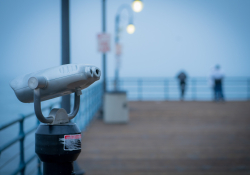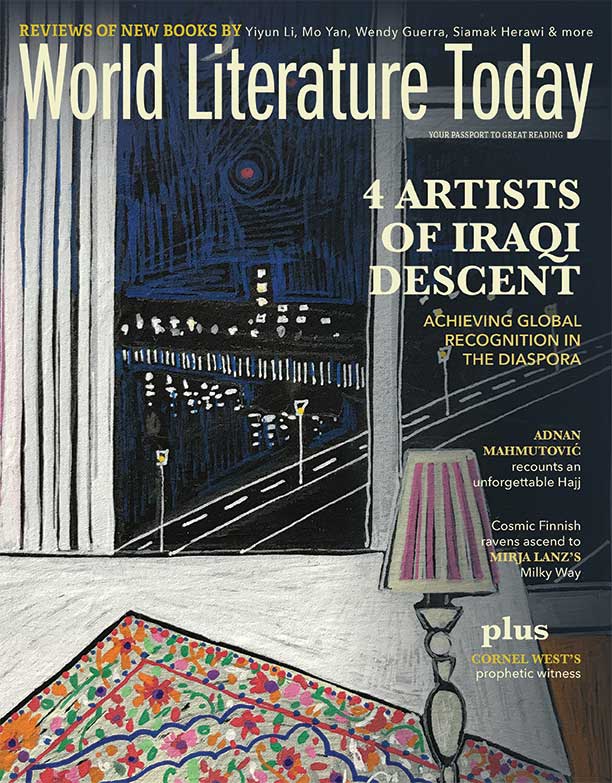Four Cambodian American Poems
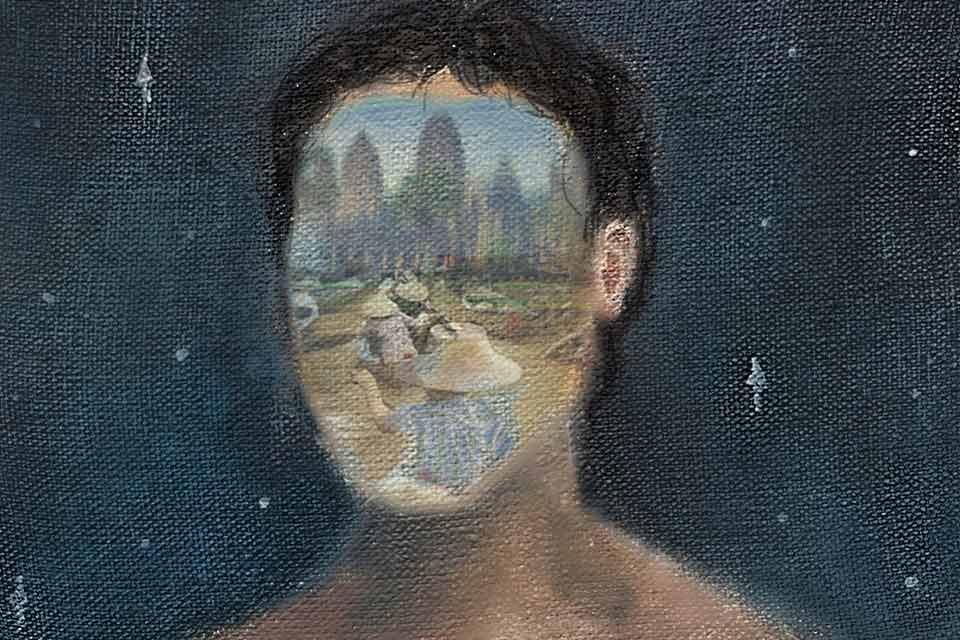
I’ve Been Border-Crossing All My Life
after Anisa Rahim’s “A Russian Hacked My Pinterest Account”
I’m not talking about the sudden packing up of things
a pair of pants, a bag of uncooked rice, gold sewn inside belts
salted fish, soil from mother’s grave, a small statue of Buddha
Not having time to say goodbyes to friends, not knowing if this leaving
would be forever
it was forever
Sitting on Lok-Yeay’s back as my family trekked through jungles,
stepping in small rivers where if you looked to your right
or left
dead bodies & torn-off limbs everywhere
tiny fish feeding on rotten meat
I looked up from the darkness the night sky was turning
the stars were bright clear and real
I could almost pluck them the universe
was alive
And the silence was eternal
the warm presence of ancestors
how deeply comforting
the cosmic ocean
I’m not talking about life in refugee camps
not quite in Thailand, not quite in Cambodia
it was the third space of nothingness
Floating from one camp to another
home was homelessness
home was the longing for what we left behind
home was speaking to ghosts
I’m talking about finding a bird
with broken
wings
Looking for lizards, frogs, snakes, crickets
anything that was alive
imagining they were my father
I’m talking about speaking to the bird as if it were my mother
as I tended to wings
broken
red-stained
I’m not talking about getting on a dinghy
some Thai fishermen used to take us across
the Gulf of Thailand
to Indonesia, our little
boat
almost swallowed by giant waves
I’m talking about seeing a mermaid
in the midst of a storm
while everyone cried-prayed
to Buddha for help
I saw a mermaid floating calmly
in the terrible waves
How to Defeat Pol Pot
Call your children by their true names.
Love. Divine. Angels. My heart.
Be gentle with them.
Speak the truth:
They were born out of love.
These divine creatures.
Tell them the Angkor Empire stood
for six hundred years.
America is half that age.
Read to them Khmer poetry.
Show them Apsaras dancing on temple walls.
Pick up a paintbrush, play an instrument.
Let the soul sing its song.
The Khmer Rouge made angels of us all.
We soared over killing fields
to find home on foreign shores.
Keep memories of the victims in songs and prayers,
in the spoonful of rice we feed our children.
Sing to the moon for what it witnessed.
The Mercy of Memory
My cousin tells me about what he witnessed:
the way they dragged his neighbor by the legs,
how the poor man begged for mercy.
When they didn’t stop, the neighbor looked
up to the sky and sobbed quietly
at the indifference of the universe.
After the neighbor was disappeared
there was nothing left but the hot sun.
The sky was blue and the birds sang
their beautiful songs over rice fields.
The silence of that moment has
haunted my cousin through the years.
As for me, I have no recollections.
No evidence of atrocities I could
document or share in commiseration.
I must have been four or
five when the Khmer Rouge
took over Kampuchea.
I must have seen and heard things.
I must have felt fear when carried
in the night on my grandmother's back.
This is the mercy of memory.
How it opens and closes
certain doors to sustain itself.
Just enough light for the self to
continue, like the memory of love
a grandmother had for her grandson.
The Carrying
I am what is left after the war that orphaned a generation.
And what is left is knowing that what remains is worth
Carrying. The way the earth carried our tired bodies.
How the moon kept still while we crossed jungles,
Leaves whispered prayers and sunlight kept us
Warm. The way Lok-Yeay carried me on her back,
The back that carried the land and fog, the hungry mouths
Of children and grandchildren, the withered body of her
Husband, the grime of a widow who raised seven children
All on her own. The way rivers carried our sorrows.
And how my aunts carried the deaths of their youths
Cradled to their chests like broken dolls.
How we all carried memories of my mother.
How my father carried himself after we had left.
At night in the refugee camp my uncles cradled
Hope that was as real as the belief that
No matter what came before, a life was still a life.
Then they turned to their corners of dirt and wept.

